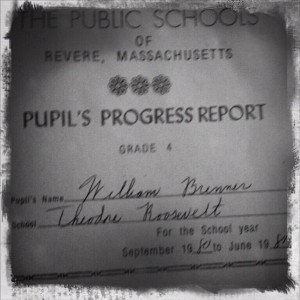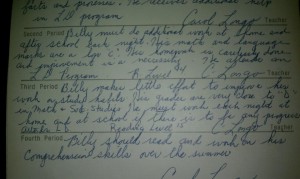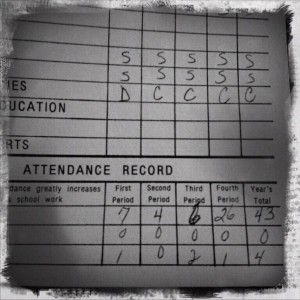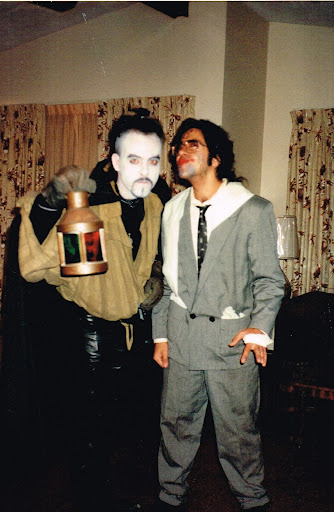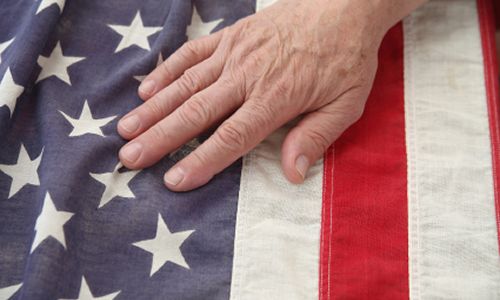Sometimes my work writings crash head-on into this blog. Last week I wrote a post in CSO’s SaltedHash blog about how I thought scientists were reckless to mutate the H5N1 strain of bird flu.
While there’s the obvious security component, part of my feelings on the subject go back to my years living with fear and anxiety.
Mood music:
http://youtu.be/-q-MorIES5I
This isn’t a post to say I’ve changed my mind about this strain of bird flu being tweaked into a human scourge that, if released, would kill many, many people. It IS about listening to other people’s opinions and opening the possibility that I could change my mind if educated further.
This comes up after someone from the scientific and security community sent me this tweet:
“Have you seen the NYT article on the A(H5N1) yet, and does it make you re-evaluate your hasty blog post?”
My response:
“It does not make me re-evaluate my opinion. I still believe this was reckless; some things in nature shouldn’t be messed with.”
To that, she replied:
“Ahh okay, understood. I’ll cross your name off the list of people interested in the vaccinations then.”
Later, I found that she posted my SaltedHash post in her Facebook timeline with this comment:
“I really wish Bill Brenner would stick to writing about subjects he is actually knowledgeable about – like eating too much god or whatever.”
When someone throws barbs at me for something I write, I don’t get upset about it. If you don’t want to be disagreed with, you have no business writing opinion pieces. Also, when it looks like someone smart and sensible is flipping me off, I take notice, because whenever I express an opinion, I always understand that I could be wrong.
Some people change their minds about things out of political expediency or because they can’t bear the thought of someone calling them out in a public arena. But under the right circumstances, a person changes their mind because they remain open to other points of view and, after more research and soul searching, they come to believe their original, well-intentioned and honest view was wrong in hindsight.
I’m not at that point yet, because when it comes to H5N1 I simply don’t trust humans no matter how good their intentions.
I have no doubt scientists were as careful as possible and that security was paramount, as one article said. I also believe the scientists are acting with good intentions. They want to understand what makes this flu virus tick so we can be better at identifying mutations in the wild and developing vaccines that will save countless lives. I applaud those intentions.
But scientists are human like the rest of us, prone to make mistakes and fail to understand what they are toying with.
That’s the thing that makes me uneasy.
Is my view tainted by the raw fear I used to carry around? I’d be stupid if I failed to acknowledge the possibility.
As I’ve written before, fear and anxiety were byproducts of my particular brand of OCD, just like my addictions were a byproduct.
The fear meant a lot of things. Working myself into a stupor over the safety of my wife and children. An obsession with cleanliness, which was interesting since depression always meant my personal hygiene took a dive.
In 2005, I had a long panic streak over the bird flu in Asia, which was predicted to be the next great pandemic, deadlier than the one that killed off a significant segment of the population in 1918-19.
I would read every magazine and every website tracking all these world events as if my personal safety depended on it. If a hurricane was spinning in the Atlantic, I would watch with deepening worry as it edged closer to the U.S.
When did all this stop? It’s hard to pin an exact date or year on it.
I only know it stopped.
One day the anxiety attacks stopped. Then I started to crave all the experiences I once feared. Not the terror attacks, plane crashes and pandemics, mind you, but the traveling, the public speaking and more intensified writing. One day I started craving those things with the same vigor with which I craved all the junk I polluted myself with.
Therapy — years of it — and Prozac definitely played a role. So did my deepening Faith.
But while news that H5N1 was mutated in a lab didn’t send me into panic like it would have six years ago, I still remembered everything I read about what this thing could do as a human, airborn virus. The reaction resulted in that SaltedHash post I linked to at the beginning of this post.
The person who called it “hasty” and not the stuff of a knowledgeable writer is looking at this with all the potential good of the research in mind. I welcome the opportunity to be proven wrong.
If I am wrong about this, I’ll be the happiest idiot on the planet and I’ll say so publicly.
Time will tell.





